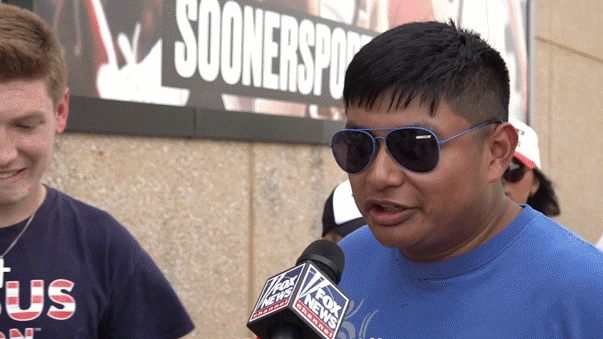Navy Adm. Alvin Holsey, the commander overseeing US military operations against suspected Venezuelan drug smugglers in the Caribbean Sea, will retire at the end of the year, War Secretary Pete Hegseth announced Thursday.
Holsey, 60, has led US Southern Command (SOUTHCOM) for less than a year, and his departure comes as several Navy ships and thousands of troops have deployed to the region as part of President Trump’s massive operation to counter narcoterrorist groups allegedly led by Venezuelan dictator Nicolas Maduro.
“On behalf of the Department of War, we extend our deepest gratitude to Admiral Alvin Holsey for his more than 37 years of distinguished service to our nation as he plans to retire at year’s end,” Hegseth wrote on X.
The Pentagon chief said Holsey “has exemplified the highest standards of naval leadership since his commissioning through the NROTC program at Morehouse College in 1988” and “demonstrated unwavering commitment to mission, people, and nation.”
“His tenure as Military Deputy Commander and now Commander of United States Southern Command reflects a legacy of operational excellence and strategic vision,” Hegseth added. “The Department thanks Admiral Holsey for his decades of service to our country, and we wish him and his family continued success and fulfillment in the years ahead.”
US forces have used missile strikes to blow up at least five suspected drug smuggling boats off the Venezuelan coast since September.
More than two dozen suspected narcoterrorists have been killed in the airstrikes.
Holsey had reportedly raised concerns about the attacks prior to Hegseth’s announcement, according to the New York Times, citing a US official.
The Pentagon has deployed some 10,000 US troops – to Puerto Rico and aboard ships – in support of the counter-narcotics operation, according to multiple reports.
Eight Navy warships, a nuclear-powered submarine and F-35 fighter jets are also in the region in support of the mission.
Flight tracking websites also spotted B-52 bombers flying near the Venezuelan coast on Wednesday, in an apparent show of force.
President Trump said Wednesday that he’s considering targeting the Venezuela-based drug cartels on land, as well.
“We are certainly looking at land now because we’ve got the sea under control,” Trump told reporters in the Oval Office.
“A lot of Venezuelan drugs come in through the sea. So you get to see that, but we’re going to stop them by land also.”
Holsey’s retirement is the latest in a string of high-profile military departures.
Hegseth ousted former Chairman of the Joint Chiefs of Staff C.Q. Brown and former Chief of Naval Operations Adm. Lisa Franchetti earlier this year, and suggested he may remove more top leaders as part of an effort to change the “culture” in the armed forces.
“As you have seen and the media has obsessed over, I have fired a number of senior officers since taking over,” Hegseth said at un unprecedented gathering of military leaders in Quantico, Va., last month. . “The previous chairman, other members of the Joint Chiefs [of Staff], combatant commanders and other commanders.”
“The rationale for me has been straightforward: It’s nearly impossible to change a culture with the same people who helped create or even benefited from that culture, even if that culture was created by a previous president and previous secretary.”













